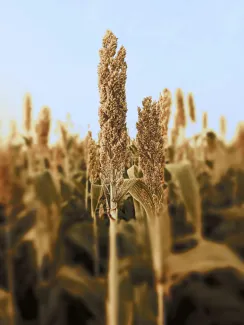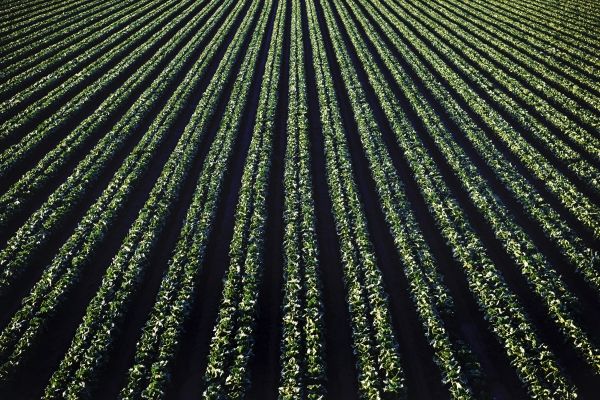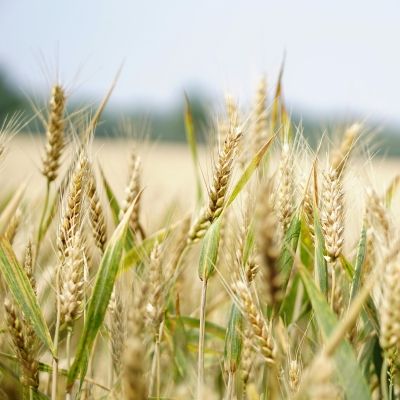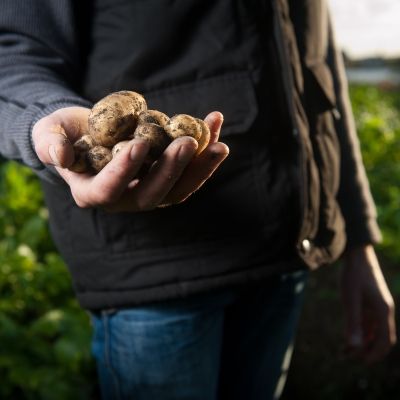
StratAdapt: Climate adaptation measures for resilient crop production in Mali
As a weather-dependent activity, agriculture is one of the sectors most impacted by climate change. In the African Sahel region, where farmland neighbours the world’s largest desert, rainfall is decreasing, and weather is becoming more unpredictable and extreme. This is the case in Mali, the 7th most climate vulnerable country in the world, where smallholder farmers produce 80% of food, but are facing an 11% decrease in rainfall the next 50 years.
Highlights
In this VITO-led project, we explore the effectiveness of promising climate adaptation measures for resilient crop production in Mali. Sorghum takes centre stage, as one of the main food crops for the population and a promising bet for the hotter and drier weather conditions:
- Support national experts and scientists in using crop models in combination with climate information tools to estimate present and future sorghum yields. This is done through a series of workshops and training visits.
- Expand the availability of key crop and climate data, namely by expanding VITO’s CLIMTAG platform to cover Mali.
- Assess the performance of adaptive management practices (such as resistant varieties, water-saving measures) in delivering robust sorghum yields and better coping with the future climatic conditions.
- Stimulate the regional scientific and policymaking communities in jointly addressing the climate adaptation issues by disseminating the findings and promoting institutional collaboration and co-creation.
Objective
The final goal is to enable the national agricultural, scientific and governmental communities to jointly study, define and implement climate-resilient farming practices for sorghum. While field research is being conducted on these practices, the generation of modelling insights on their expected effectiveness will potentialize the required engagement with policymakers and the general society for their implementation. The project aims to contribute to this by promoting co-creation of scientific results.
Partners
- ICRISAT-Mali
- ILVO
- Mali-Météo
- IER
Project funded by International Climate Finance from the Government of Flanders and own funding of project partners.












